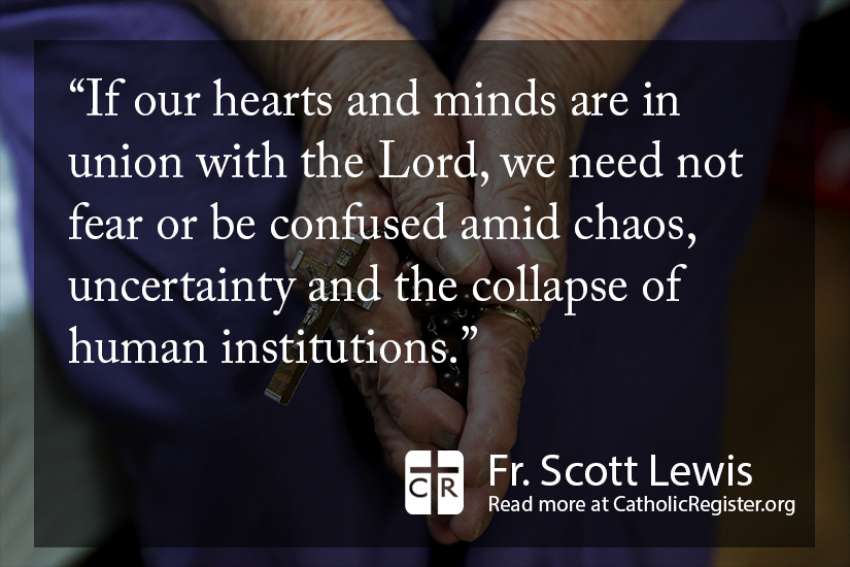They were supposed to protect them, look after their well-being and act as teachers and moral examples. Instead, the Scriptures recount a long and depressing history of infidelity, idolatry, corruption and violence.
With a few exceptions, most of the descendants of David were not worthy of the throne. Lest we feel smug and superior, shepherds in our own era have not done much better. Corrupt and uncaring leadership can be found in the political, social, economic and religious realms. For example, many Christians will never recover from the hurt and betrayal of clergy sexual abuse and its calloused coverup.
In this passage from Ezekiel, the job of shepherd was taken over by God, who vowed to do the job properly. God promised to seek out the lost and straying sheep regardless of how far they had wandered. God would also comfort and heal the wounded, and give hope and courage to the faltering, as well as grant them their long-denied justice. In other words, God would do what all those in positions of leadership and care are supposed to do.
Jesus drew on this promise in two moving passages in the New Testament. In Luke 15, He recounted the parable of the shepherd that left 99 sheep in the wilderness to search out and find the one lost sheep. This was aimed at those who criticized His compassionate interactions with sinners and others whose lives were in shambles.
In Chapter 10 of John, Jesus declared that He was the Good Shepherd. He contrasted this with the hirelings, who were only in it for themselves. Their goal was power and riches, and they would take off at the first sign of difficulty or danger. Jesus, on the other hand, would even lay down His life for the sheep — and that is exactly what He did.
We are reminded in the Gospels that we have only one teacher, leader, master and guide — Jesus — and it is to Him that we should listen. If our hearts and minds are in union with the Lord, we need not fear or be confused amid chaos, uncertainty and the collapse of human institutions. Jesus is always trustworthy and at our side.
Many in the early Christian community wondered why Jesus was so long in returning. Some became lax or wandered away, while others began to ask pointed questions. How should we live while we wait? Why is it taking so long?
Paul insisted that the ultimate victory had already been won by Jesus, but there was still a lot of “mopping up” to do. All the Earthly and Heavenly powers opposed to God had to be subdued and brought under God’s rule, including death. Only then could Jesus hand over to the Father a world totally surrendered to God. Paul exhorted his community — and us — to continue living a rich life in Christ and to join Him in reclaiming the world for God.
When people fear the judgment of God, it is usually because of something they have done. In the dramatic depiction of the final judgment, it is what people have not done that bars them from God’s presence.
Those whom Jesus welcomed into the kingdom had responded with active, compassionate concern to those hurting or in need. They were not aware of doing anything special or meritorious and none of their actions was explicitly religious. They saw a need and they responded from the heart and soul.
Jesus assured them that when they did these things for anyone, it was the same as doing them for Him. Those who were excluded indignantly demanded to know when they had failed to tend to Jesus’ needs. Again, He went down the list, but this time pointed out that they had failed to do those things.
Cold and uncaring behaviour towards anyone is also felt by the Lord. Active compassion is more needed now than ever before, for the sickness of the world is its lack of caring.
As Pope Francis reminds us in word and example, mercy is the at the top of our list of Christ-like actions and the supreme law. We bring care and comfort to others and seek out the lost, for that is what the Lord does.
God's Word on Sunday: God sets the example of care and healing
By Fr. Scott Lewis, S.JChrist the King, Nov. 26 (Year A) Ezekiel 34:11-12, 15-17; Psalm 23; 1 Corinthians 15:20-26, 28; Matthew 25:31-46
Many of the shepherds of Israel had done a rotten job of shepherding and serving the people.
Tagged under:


